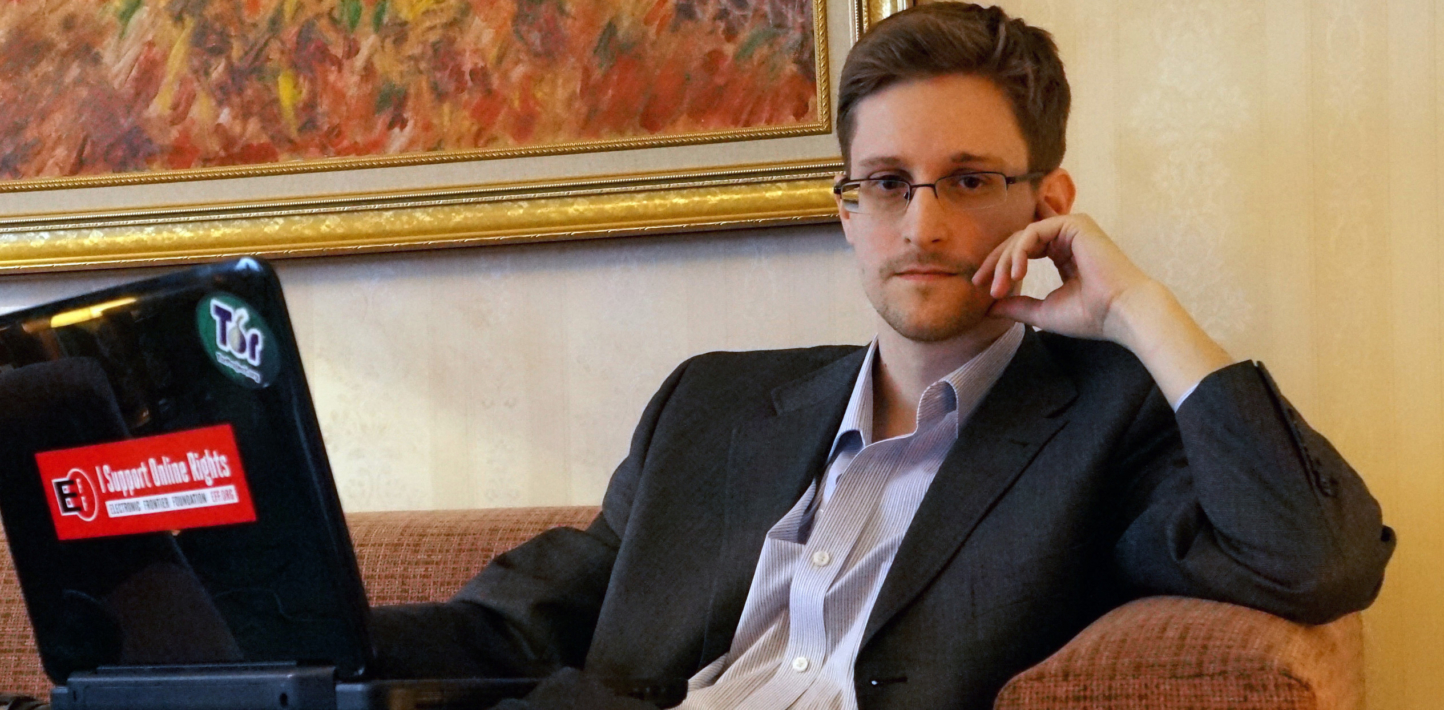Russia is set to bolster an ongoing draconian crackdown which is squeezing the life out of civil society by adopting the “undesirable organizations” law, said Amnesty International and Human Rights Watch.
The draft law – passed in its second reading today by the lower chamber of the Russian parliament (the third reading being a mere technicality) – will enable the state to ban the activities of foreign or international non-governmental organizations deemed to be undermining “state security”, “national defence” or “constitutional order”. It will also then punish Russian activists and civil society groups for maintaining ties with those “undesirable” organizations.
These new harsh restrictions are part of an ever rising repressive tide which is stifling free speech, denying the space for debate and suffocating free expression in Russia. We urge the Russian parliament to reconsider and scrap this draconian draft law
John Dalhuisen
“This draft legislation is the latest chapter in an unprecedented crackdown against non-governmental organizations which is effectively criminalizing lawful activity and squeezing the life out of free speech and association,” said John Dalhuisen, Amnesty International Director for Europe and Central Asia.
“We are often asked – is this draft law aimed against international rights groups like yours? But in fact, there is little doubt that its primary targets are Russian activists and Russian independent organizations,” said Hugh Williamson, Europe and Central Asia Director at Human Rights Watch.
Organizations whose activities are deemed a “threat” will not be able to open their offices in Russia and those that already have a presence in the country will face closure. The law also imposes a ban on disseminating materials, including through media and the Internet. If the organization is deemed “undesirable”, it will no longer be able to arrange or participate in any projects or activities in Russia. Local organizations will be required to refuse any funds from such undesirable groups.
Banks and other financial organizations will have to refuse to conduct any transactions with them and inform a money laundering watchdog about all such refusals.
Russian nationals who continue to “be involved” with undesirable organizations will first face hefty administrative fines and, if administratively punished twice during a year, might face criminal prosecution with fines of up to 500,000 roubles, restrictions of activities and movement and even a jail sentence of up to six years.
The draft law, which appears to be designed for selective implementation, does not clarify what “involvement” with an undesirable organization may entail. It is likely that distributing reports and other materials by “undesirable organizations”, including online, communicating with representatives of such organizations, participating in international events jointly with such organizations would be interpreted by the authorities as “involvement” and result in sanctions against Russian activists and groups.
The procedure for declaring an organization “undesirable” is not transparent and an organization may find out about their “undesirability” only after they have been included on the list. There are no procedures for contesting the decision or for excluding the organization from the list. The decision would be carried out with immediate effect with no forewarning.
“This latest draft law follows on the heels of the 2012 foreign agents law passed in July 2012 which has been used to marginalize and demonize close to 60 organizations, including the country’s leading human groups. Several of these organizations chose to shut down rather than bear the foreign agent stigma,” said Hugh Williamson.
“These new harsh restrictions are part of an ever rising repressive tide which is stifling free speech, denying the space for debate and suffocating free expression in Russia. We urge the Russian parliament to reconsider and scrap this draconian draft law,” said John Dalhuisen.
BACKGROUND
On 12 March, the Head of the Presidential Council for Human Rights announced that his Council had sent a negative expert review of the draft law to the State Duma calling it “unconstitutional” and potentially violating Russian citizens’ rights, and suggesting to scrap it.
After the draft law is passed in the lower Chamber – State Duma – it goes for approval to the upper chamber – Council of Federation – which is usually in practice a mere formality. Final signature is by the President who usually signs a draft into law.
The decision to recognise an organization as “undesirable” is taken by the Prosecutor General’s based on materials from law enforcement agencies (Federal Security Service, police, others) and with agreement from the Ministry of Foreign Affairs. The Ministry of Justice will be in charge of keeping the list of “undesirables”.


